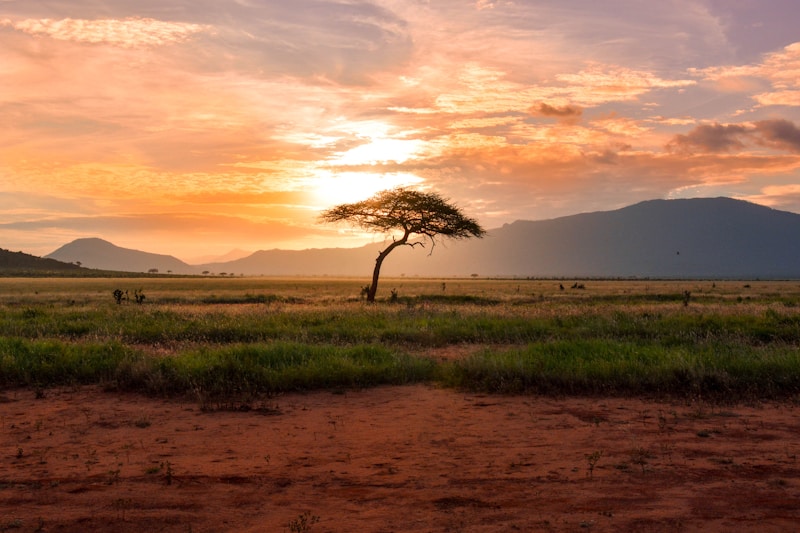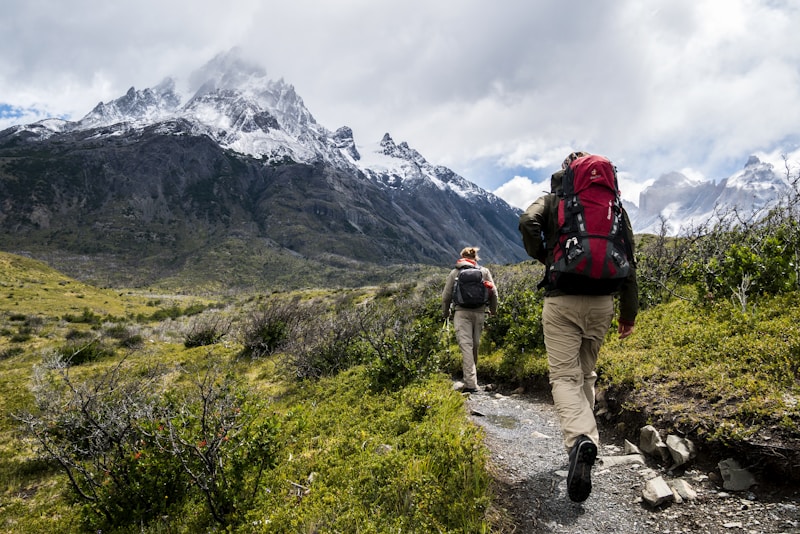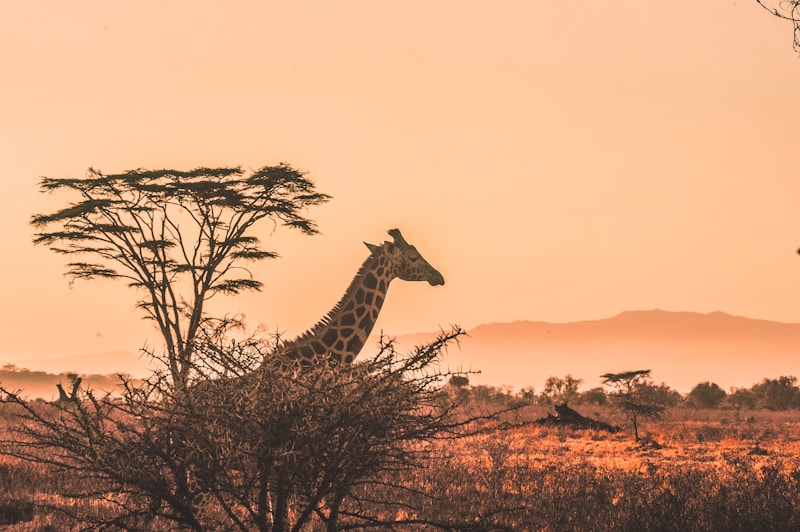The Hausa People
Builders of Walled Cities - Masters of Trans-Saharan Trade - Scholars of Islamic Learning
Who Are the Hausa?
The Hausa are one of Africa's largest ethnic groups, with over 70 million speakers of the Hausa language across West Africa, particularly concentrated in northern Nigeria and southern Niger. For over a millennium, the Hausa established sophisticated city-states including Kano, Katsina, Zaria, and Gobir—commercial and intellectual centers that dominated trans-Saharan trade. These walled cities featured impressive architecture, including the famous Kano City Walls extending 14 kilometers. The Hausa developed advanced Islamic scholarship, with Kano becoming a renowned center of learning. Today, Hausa serves as a lingua franca across West Africa, and Hausa merchants maintain vast trading networks from the Sahel to coastal regions.
Walled Cities and Architecture
Hausa city-states were architectural marvels, protected by massive earthen walls (ganuwa) constructed from laterite clay. The Kano City Walls, built between 1095-1134, stretched 14 kilometers with heights reaching 15 meters, featuring 15 gates. Within these walls, cities organized into distinct quarters for different crafts and trades. Hausa architecture developed distinctive styles including the Tubali method using sun-dried mud bricks, creating elegant mosques, palaces, and houses with characteristic conical designs and decorative facades.
Trans-Saharan Trade Empire
The Hausa controlled crucial nodes in the trans-Saharan trade network, exchanging salt, gold, leather goods, textiles, and kola nuts between North Africa and sub-Saharan regions. Hausa merchants established trading diaspora communities across West Africa, creating networks that persevere today. The Kano Chronicle documents vibrant commercial life, with markets attracting traders from across Africa and the Mediterranean. Hausa dyers developed famous indigo pits creating richly colored fabrics, while leatherworkers produced "Morocco leather" exported to Europe.
Islamic Scholarship and Learning
Islam reached Hausaland around the 14th century, gradually becoming integral to Hausa identity. By the 19th century, the Sokoto Caliphate, founded by Fulani scholar Usman dan Fodio, unified Hausa states under Islamic governance. Hausa cities became centers of Islamic scholarship, with extensive libraries, Quranic schools, and scholars producing works in Arabic and Hausa using Ajami script (Arabic script adapted for Hausa). This intellectual tradition continues, with Kano and other northern Nigerian cities hosting renowned Islamic universities and scholars.
Social Organization and Cultural Practices
Traditional Hausa society organized around extended family compounds (gida) headed by the eldest male. The Sarauta system provided hierarchical political structure with emirs (sarakuna) ruling city-states, supported by titled officials and councils. Women engaged in commerce through purdah trade, conducting business from their homes while observing Islamic seclusion practices. Hausa culture developed rich oral traditions including Tatsuniya (folktales), poems, and historical epics transmitted through griots and storytellers.
Modern Hausa Culture
Today, Hausa language serves as a lingua franca across West Africa, broadcast on international radio services including BBC and Voice of America. The Hausa film industry, Kannywood (based in Kano), rivals Nigeria's Nollywood, producing films distributed across Africa. Traditional Hausa music, featuring the talking drum (kalangu) and two-stringed lute (molo), influences contemporary West African music. Hausa merchants remain prominent in regional trade, while Hausa political influence shapes Nigerian and Nigerien governance. Annual festivals like Durbar showcase spectacular cavalry displays, traditional wrestling, and cultural celebrations connecting modern Hausa to their historical legacy.
Image Gallery





